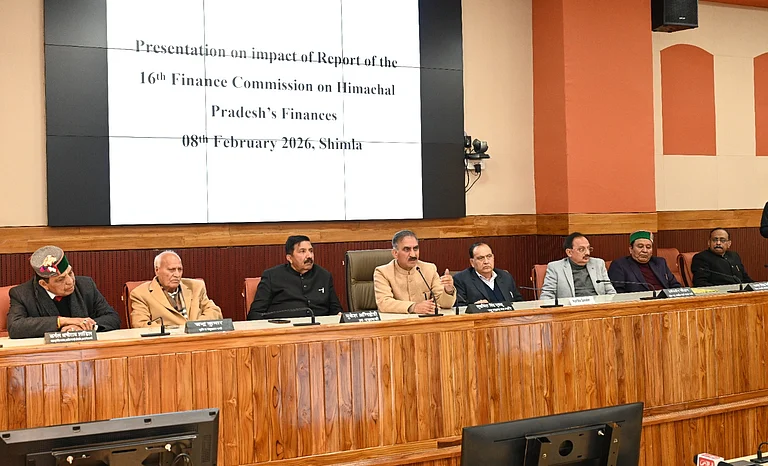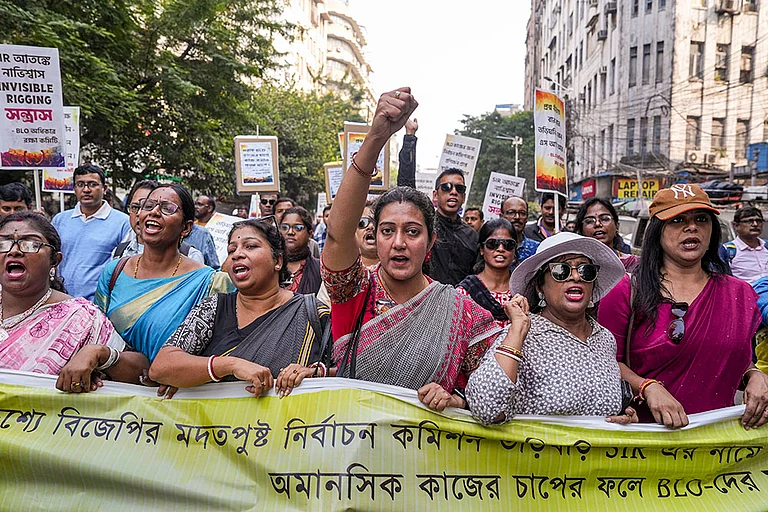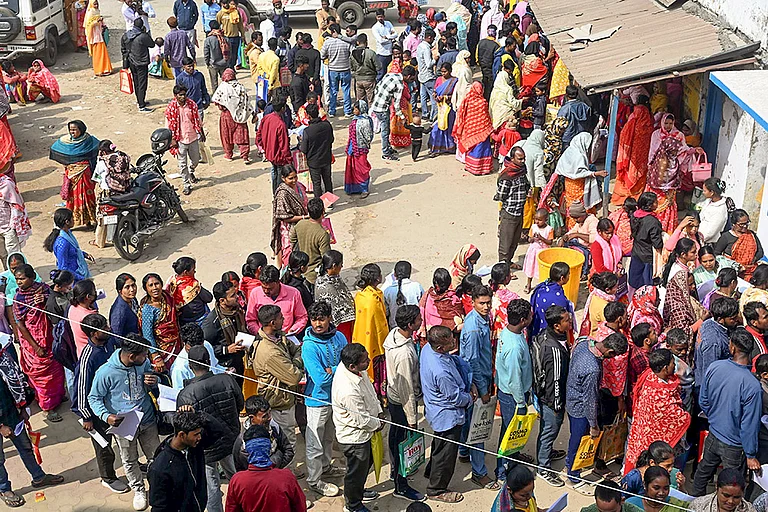
Supreme Court said the Bihar electoral roll controversy “appears to be a case of trust deficit” while hearing challenges to the EC’s special intensive revision (SIR).
EC told the court that 6.5 crore of Bihar’s 7.9 crore voters did not need to provide documents, rejecting Aadhaar or voter cards as sole proof of citizenship.
Petitioners, including senior politicians and activists, alleged large-scale wrongful deletions, while EC maintained errors at draft stage can be corrected.
The Supreme Court on Tuesday described the controversy over Bihar’s special intensive revision (SIR) of electoral rolls as “largely a trust deficit issue” and questioned allegations that one crore voters had been disenfranchised.
According to PTI, hearing a batch of petitions against the Election Commission of India’s (ECI) June 24 decision to conduct the SIR, a bench of Justices Surya Kant and Joymalya Bagchi noted that 7.24 crore out of 7.9 crore voters had responded to the process. “If out of 7.9 crore voters, 7.24 crore responded to the SIR, it demolishes theory of one crore voters missing or disenfranchised,” the court told senior advocate Kapil Sibal, who appeared for RJD leader Manoj Jha.
The court agreed with the EC’s stance that Aadhaar and voter ID cards cannot be accepted as conclusive proof of citizenship without supporting documents. The poll panel said 6.5 crore voters did not need to provide papers as they or their parents were in the 2003 electoral roll.
Petitioners, including Sibal, Abhishek Manu Singhvi, Prashant Bhushan, and political activist Yogendra Yadav, alleged wrongful deletions, citing cases where living voters were marked dead. Yadav claimed the SIR was designed to delete voters, while Sibal said in some constituencies, those declared dead were found alive.
Senior advocate Rakesh Dwivedi, for the EC, said such a large exercise would naturally have “some defects” in the draft roll stage, which could be rectified before the final list is published on September 30, as per PTI.
The court has asked the EC to be ready with data on voter numbers before and after the SIR, as well as figures for deceased voters identified. The hearing will continue on Wednesday.
The petitions, filed by leaders from the RJD, Congress, Trinamool Congress, NCP (Sharad Pawar), CPI, Samajwadi Party, Shiv Sena (Uddhav Thackeray), JMM, and CPI(ML), along with civil society groups like PUCL and ADR, challenge the legality and timing of the revision ahead of Bihar’s assembly polls later this year.




























